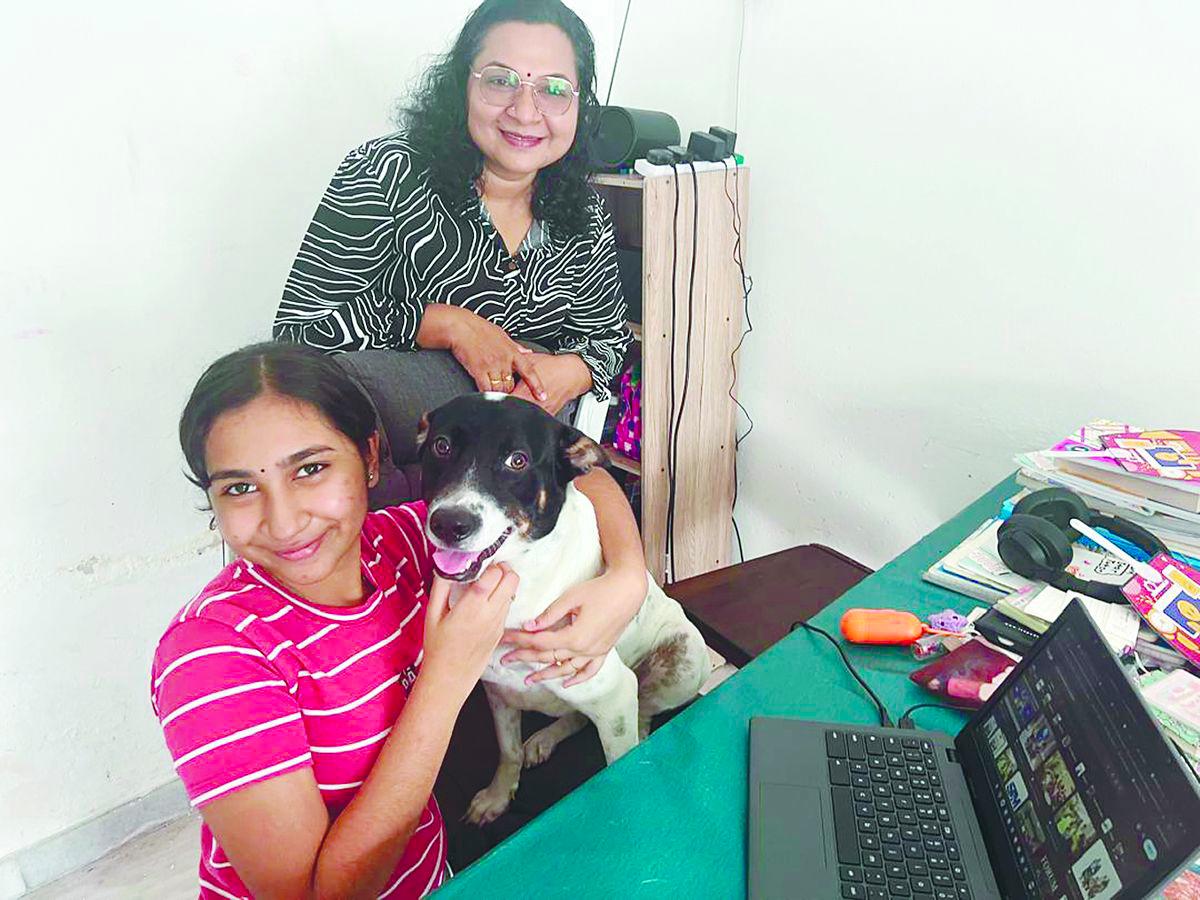MOST children are able to attend school on a daily basis but there is a minority, either due to a physical disability or other reasons, who are unable to do so. Over the years, the numbers have grown, of those who cannot adapt to a school environment. Covid-19 showed the world how classrooms could be conducted digitally and hence with growing demand, a digital school known as Sekolah Anak Malaysia was born, SAM for short.
As a landmark social enterprise founded by LeapEd, SAM is the nation’s first digital school, which offers a personalised and interactive online learning experience aligned with the Malaysian national curriculum.
Nina Adlan Disney, one of the founders of SAM said it was built and introduced to address learning gaps in the wake of the pandemic, where a post pandemic study conducted by LeadEd and Monash University Malaysia revealed learning gaps in education.
This prompted the setting up of SAM, where Nina said: “The vision is to reach students in underserved and remote communities, ensuring that every child has the opportunity to learn, grow, and thrive - no matter their background or geography,” she said.
Thaynhiskha Vijey, 14 years enrolled in the SAM programme last year and she spoke on the reasons why she feels happy to be part of SAM: “I am enrolled in Form 2 this year and currently involved in project based learning, where we are divided into groups, no matter the level, and we are given a project to complete together. This is very relevant as it prepares me to work with others in a team effort,” she said.
Deepa Somanaidu, her mother feels government schools are naturally exam orientated and many students need more than that. Thaynhiskha loves piano and singing and the schedule under SAM gives her the time to have these extracurricular activities.
Michelle Koh Moh Cheng, Principal of SAM, said: “Classes are designed to be interactive and relevant. Our teachers use a range of tools and media – from quizzes and games to virtual science laboratories, collaborative platforms and videos to keep classrooms dynamic and engaging.
“Beyond academics, students take part in the real world, hands-on tasks through project-based learning. For example, one project required students to set up a mock restaurant. They worked in teams to explore nutrition, marketing, budgeting, and graphic design.
“We also have an in person programme (IPP) held twice a year where students meet at a designated location, usually with boarding provided. The students are supervised in a structured environment to build life and social skills,” said Koh.
Nina also shared how teachers in SAM are upskilled to face challenges and ensure the digital classroom is navigated to give maximum benefits to students enrolled in it.
“LeadEd has more than 15 years of experience in teacher capacity-building through our flagship ‘Trust Schools Programme’. Teacher upskilling and pedagogy lie at the heart of SAM and we ensure students can cope with regular assessments,” she said.
“Another key strategic partner is PayNet, who has been instrumental in providing scholarships and a development fund for SAM. This ensures that SAM is accessible to all students, regardless of their economic background.”
Another student, Abdul Muhaimin Abdul Azim, 14 years has a physical disability and had mobility issues in reaching school every morning.
Today according to his grandfather, Muhaimin has evolved into a happier student, with many friends and has even continued with his favourite pastime, archery.
“SAM has allowed flexibility in his life as a student and I have no doubt he will do well,” said his grandfather.









